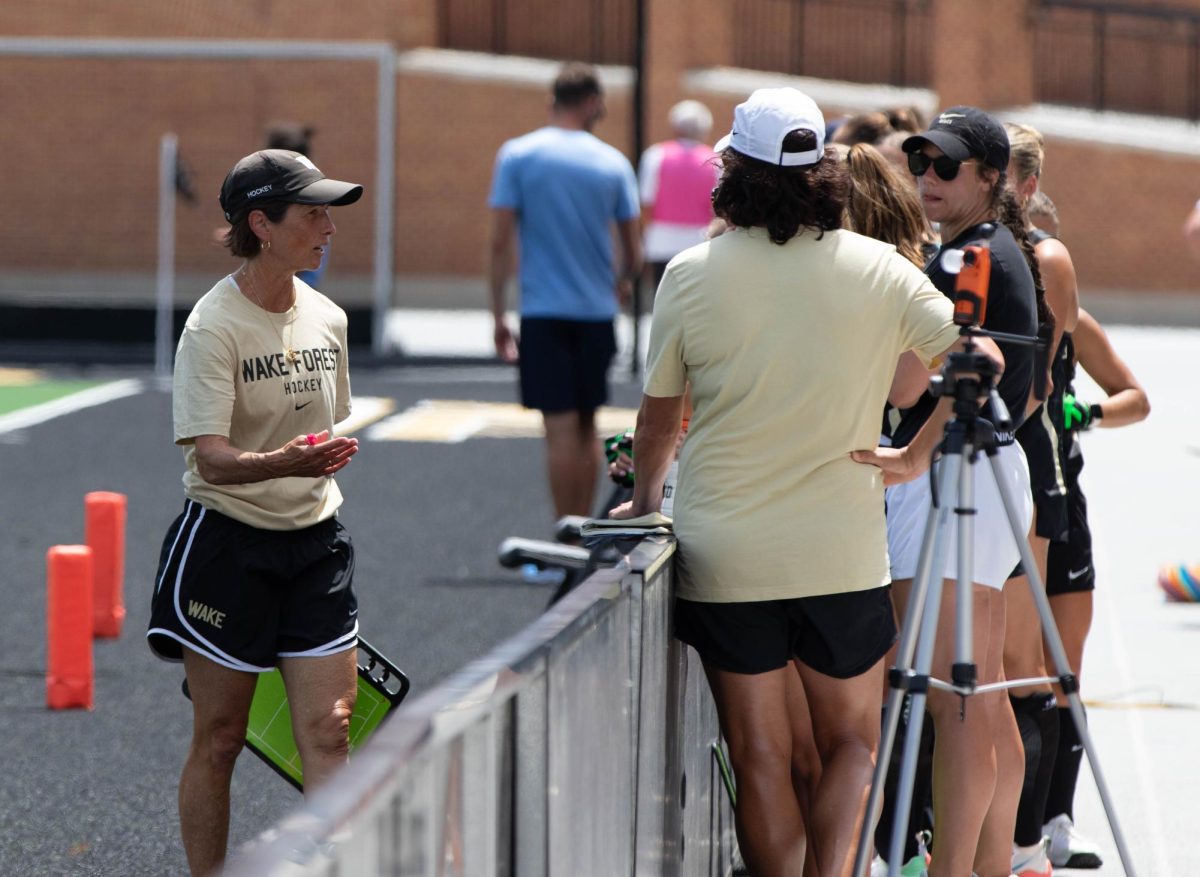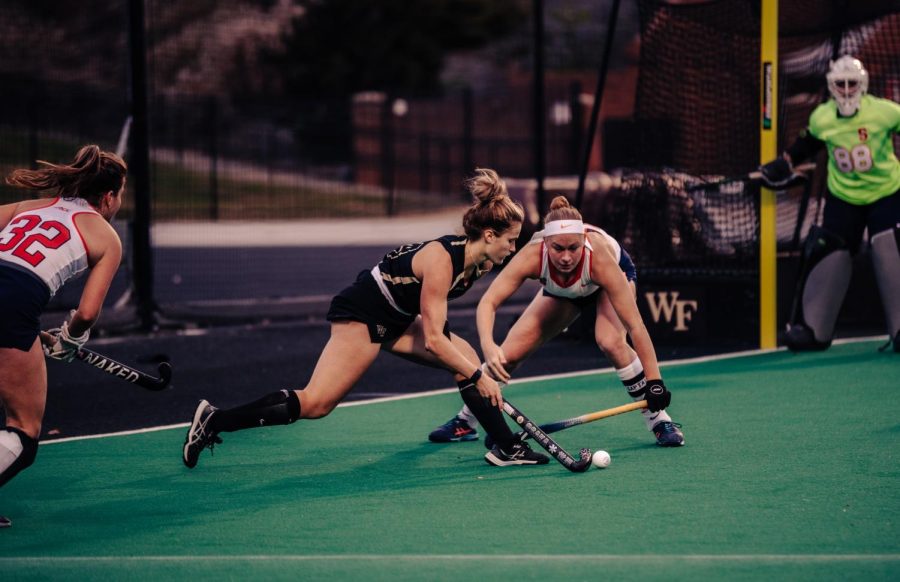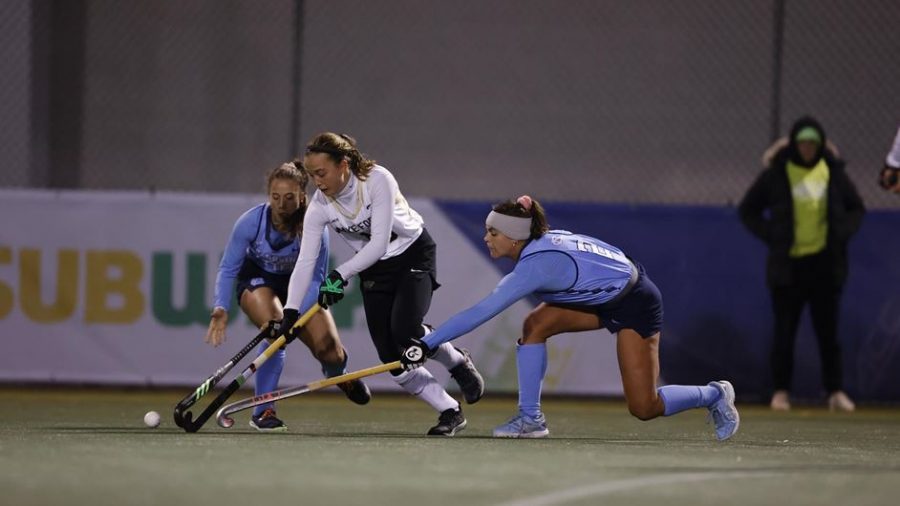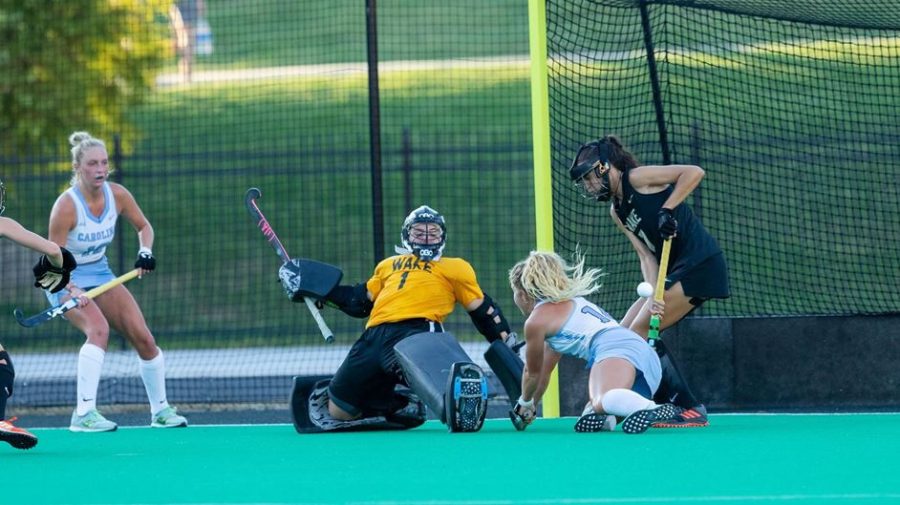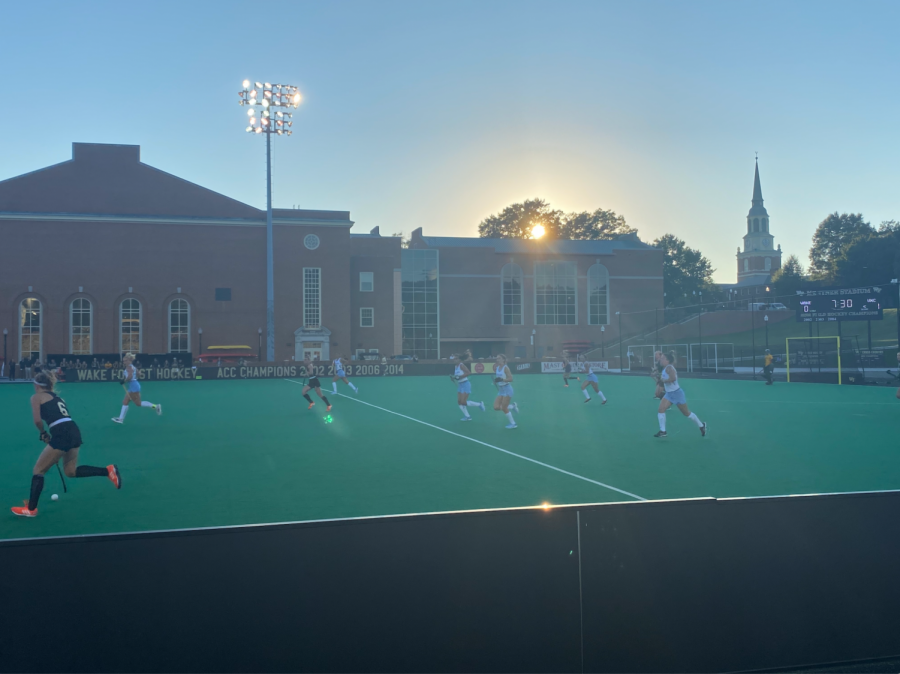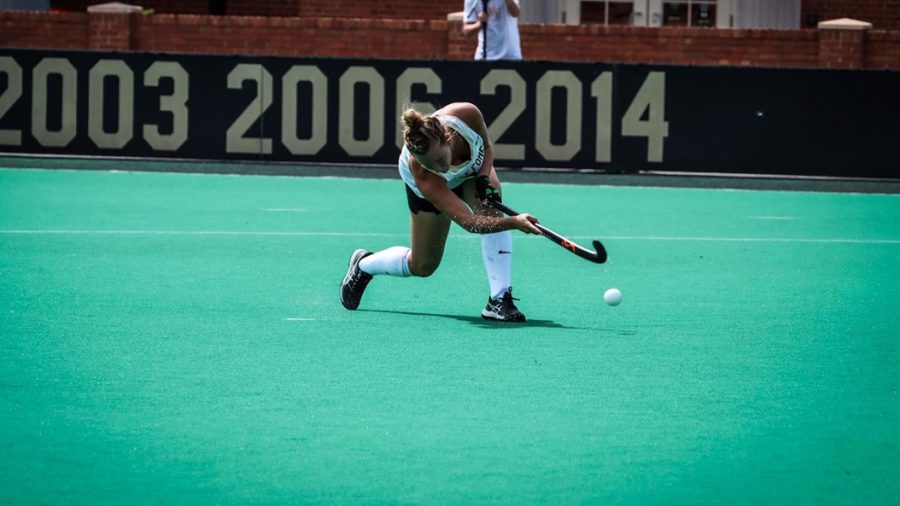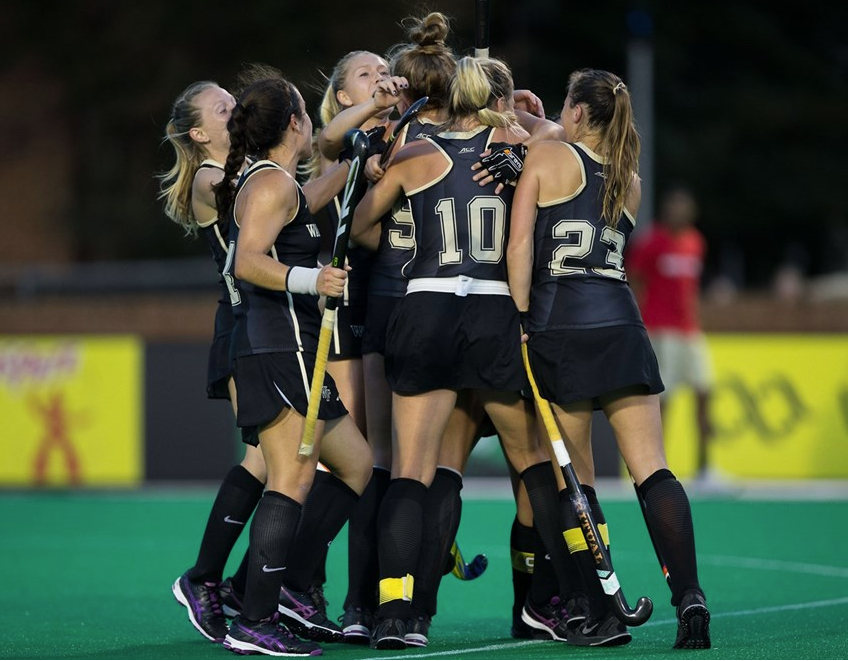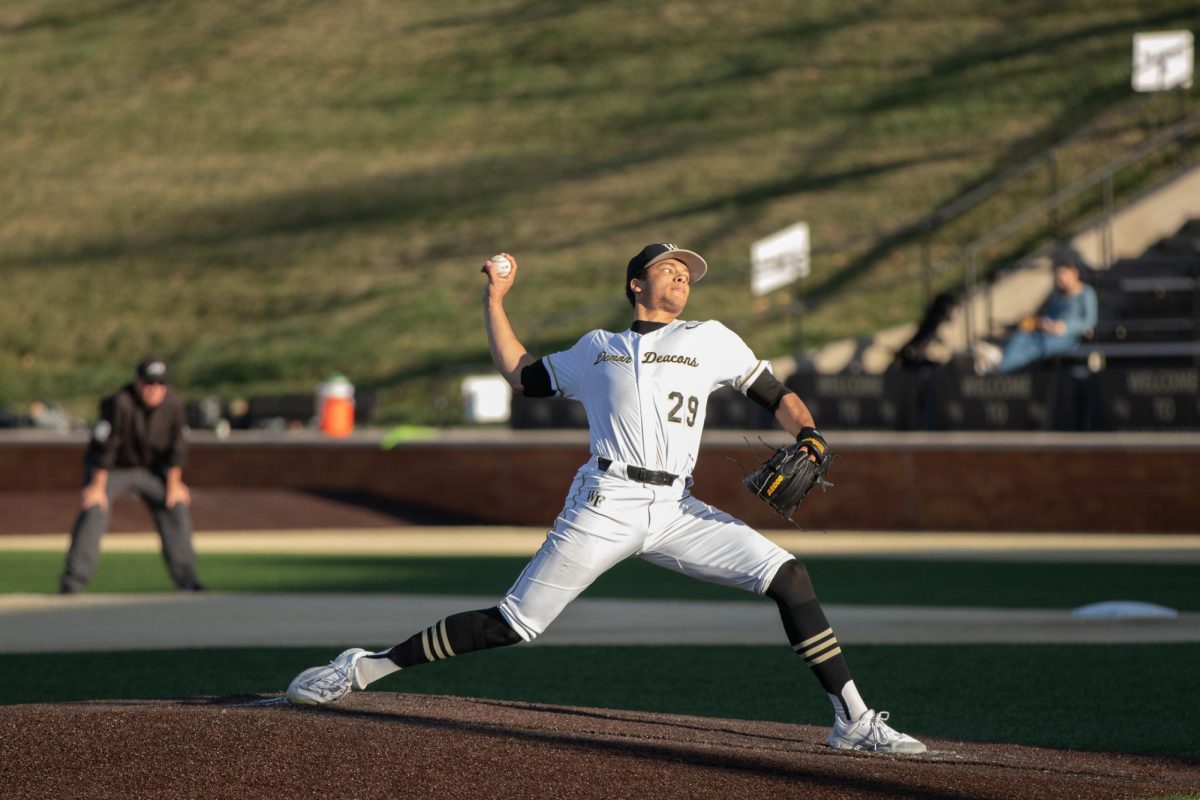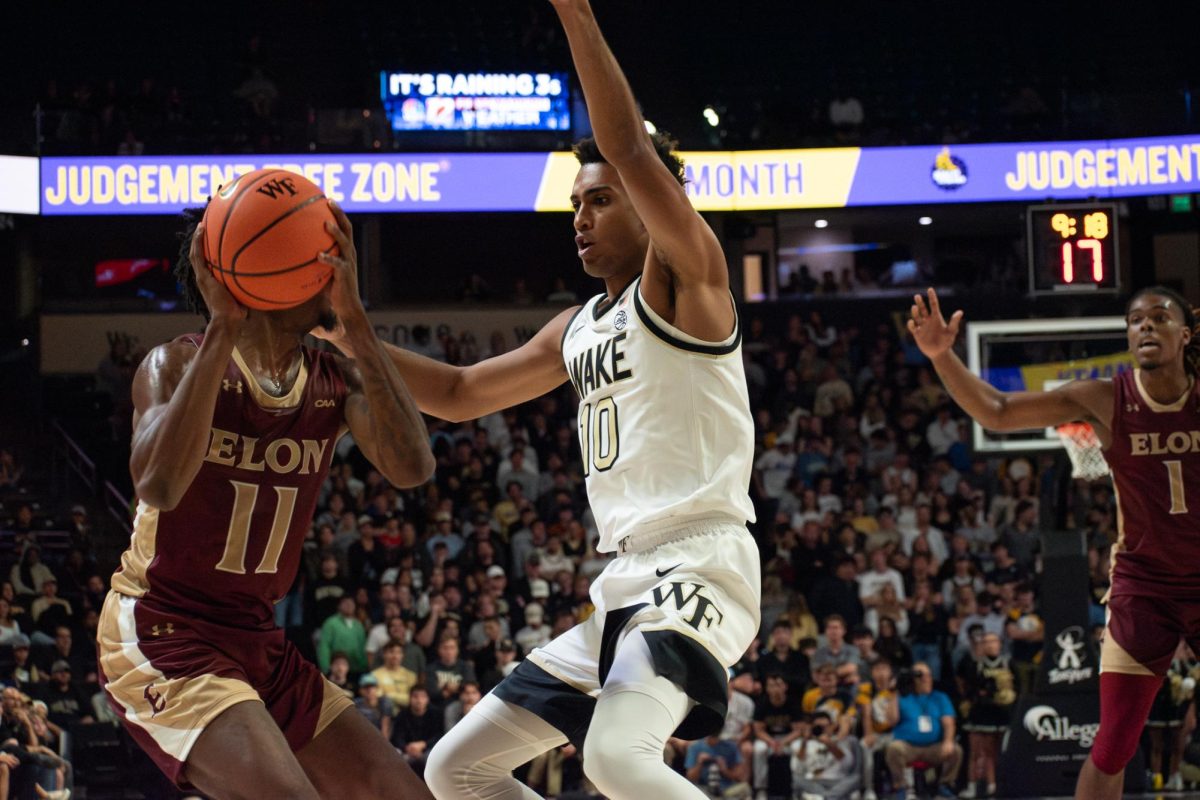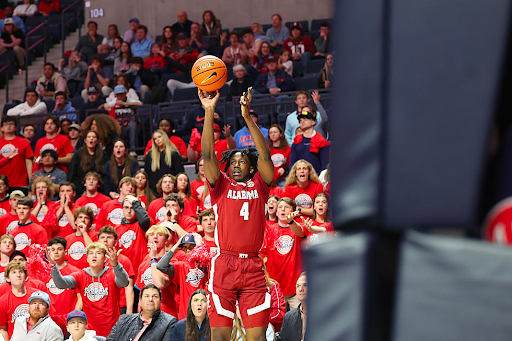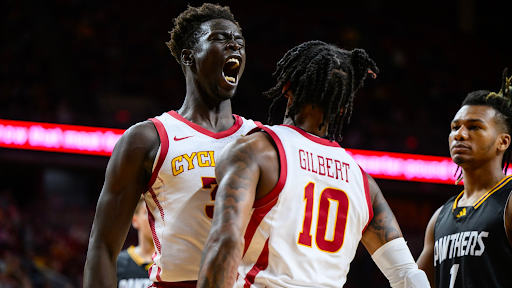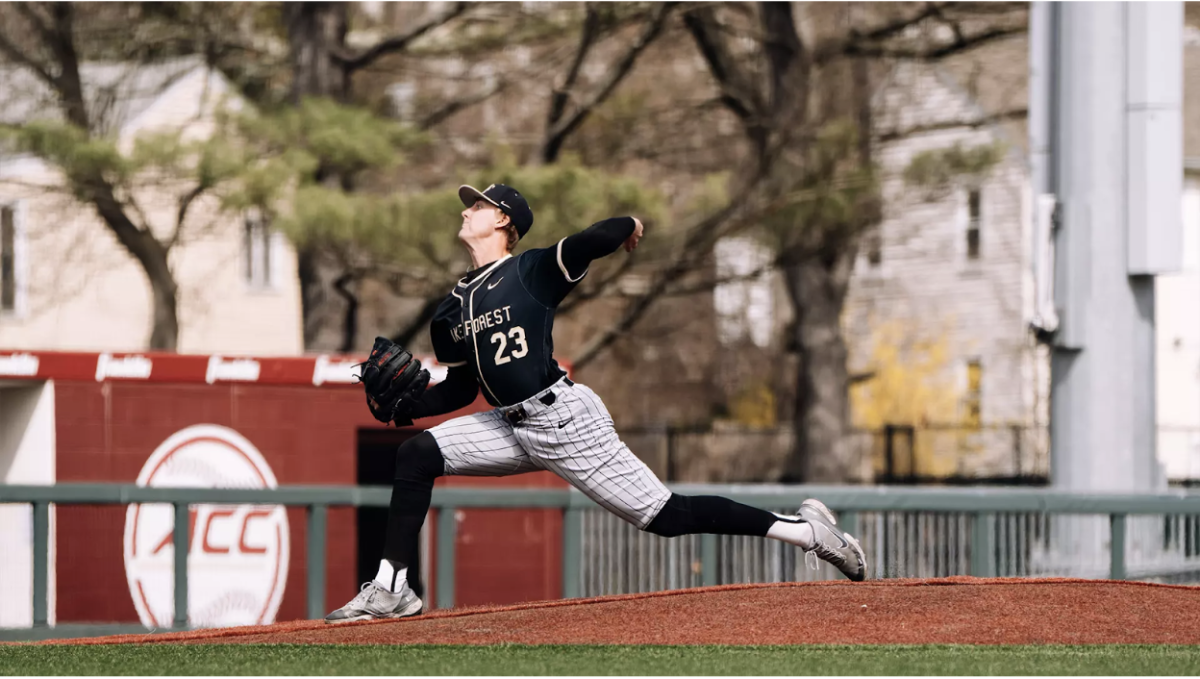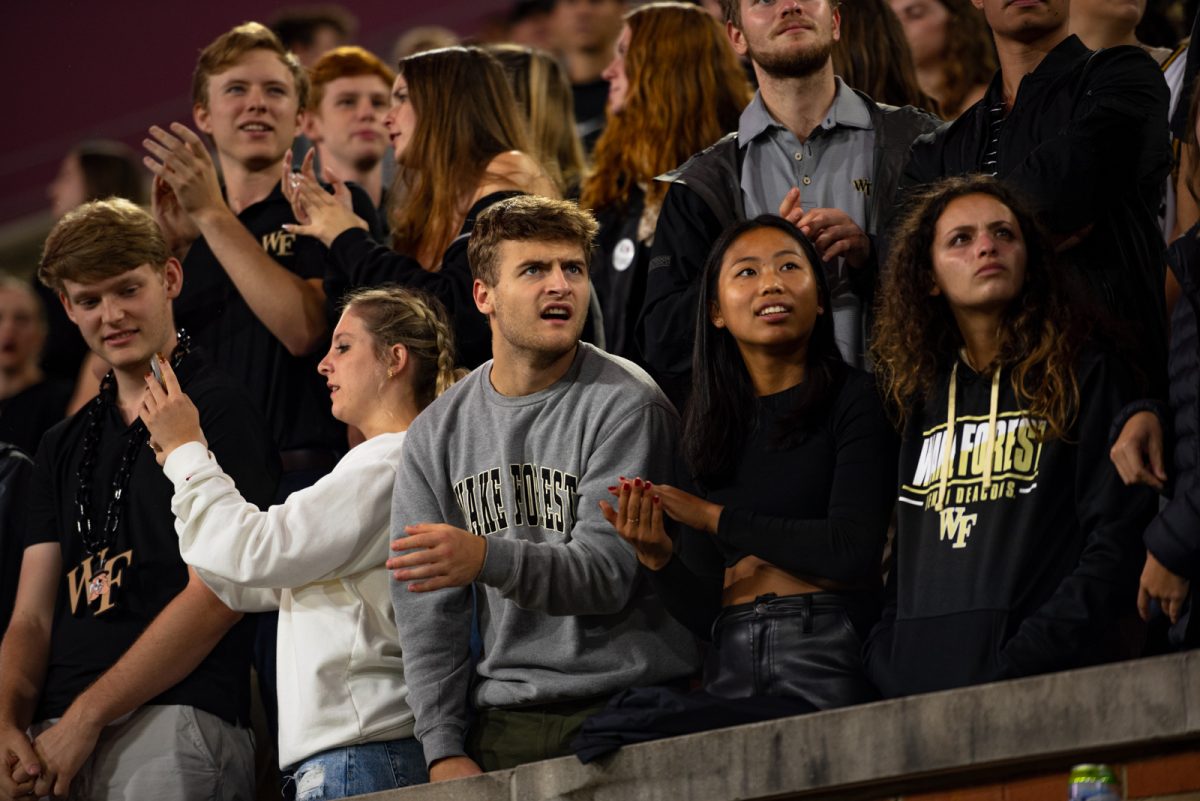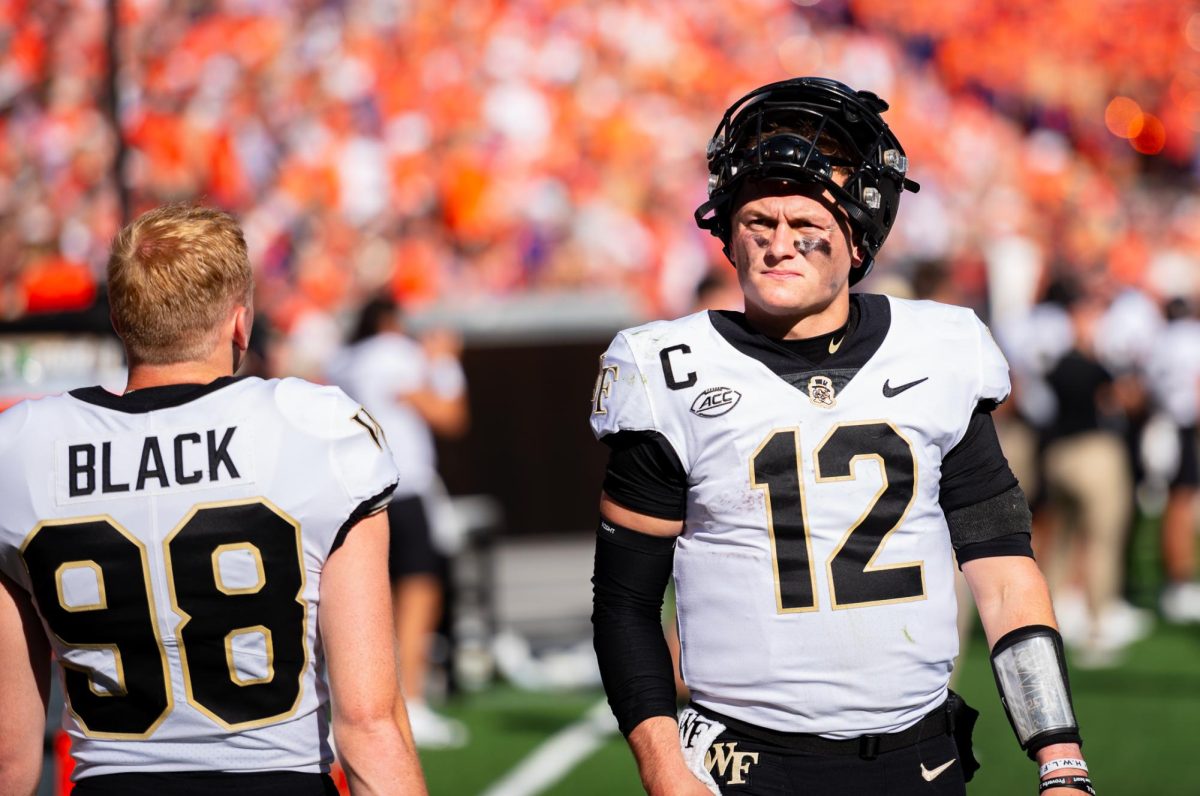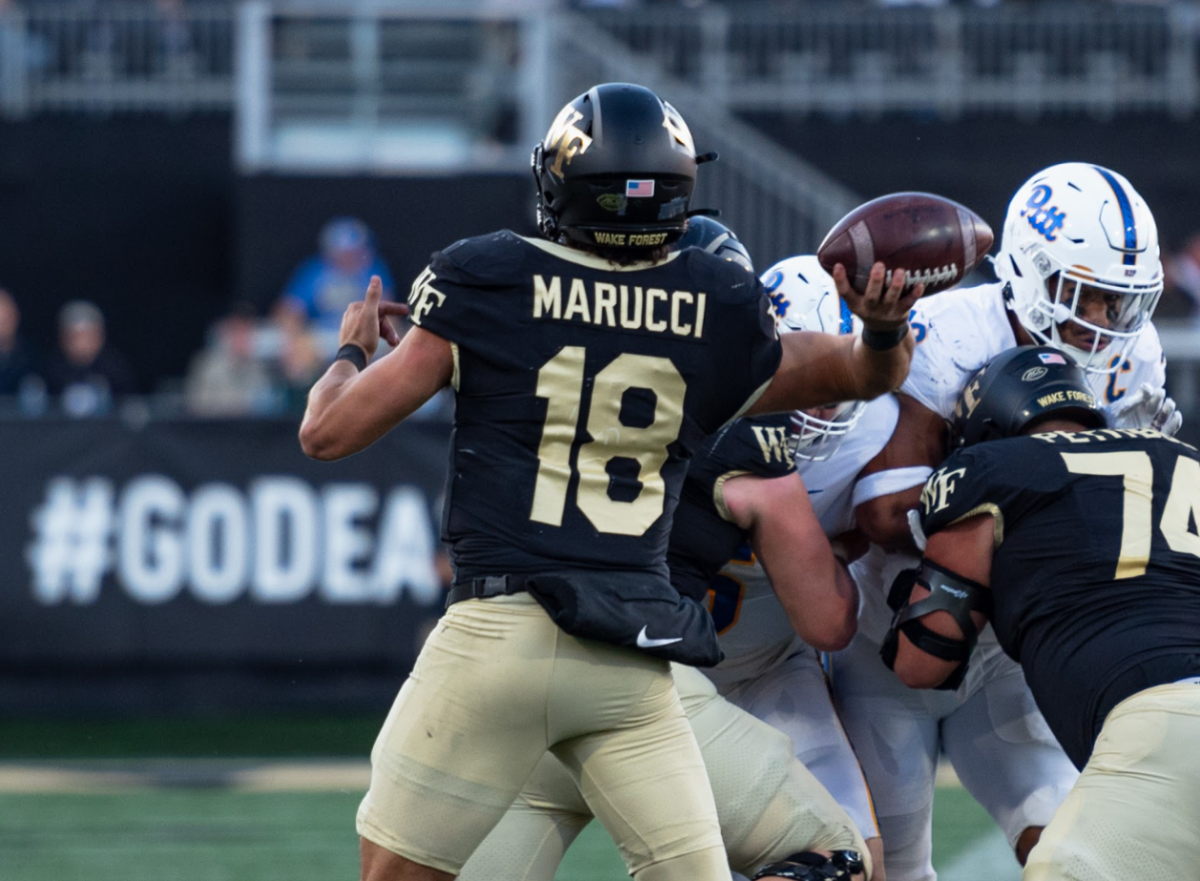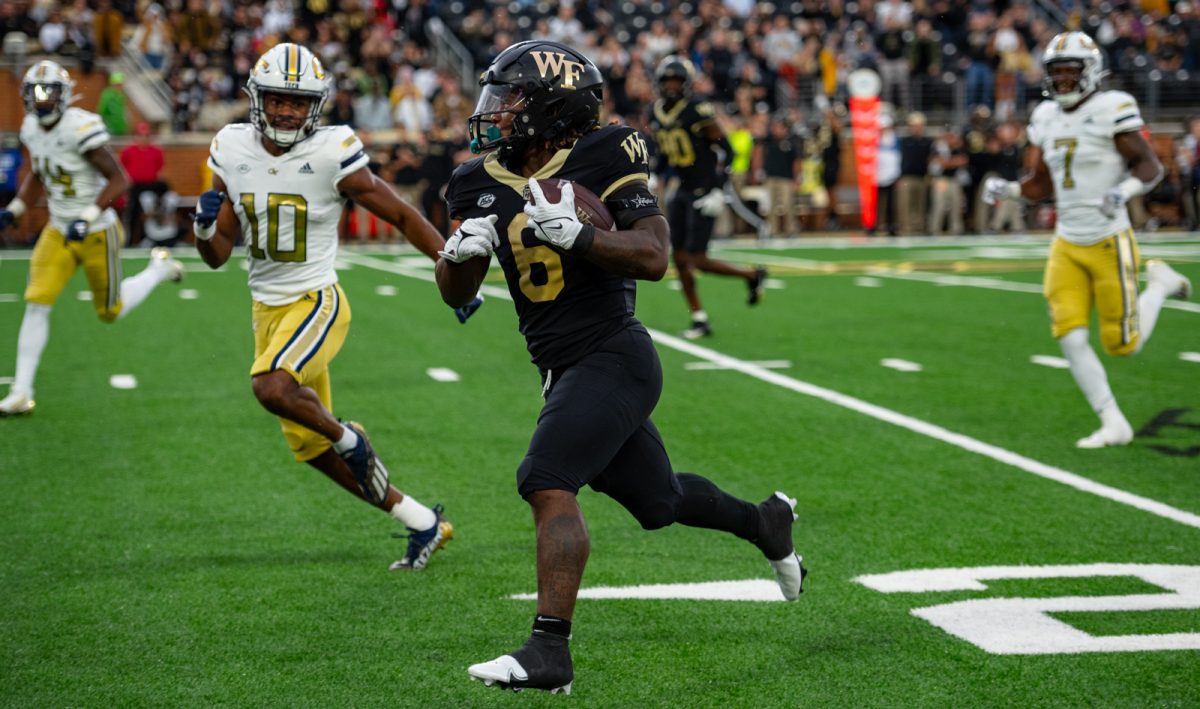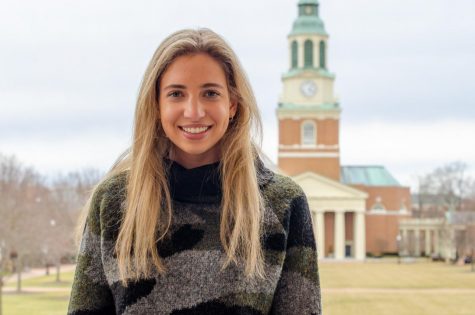A mentor. A leader. A support system. A life guru.
The field hockey team at Wake Forest gets all this and more from its Head Coach Jennifer Averill. Over 31 years, Averill has crafted a team so consistent and so successful that it’s a shame field hockey doesn’t garner attention the way college football does.
With a career record of 411-224-3 (about a 64% winning percentage) as a Wake Forest coach (431-256-6 including two seasons at Bucknell), Averill is the winningest female coach in Wake Forest history. The eight-time ACC Coach of the Year has cemented her legacy of achievements, and it’s one that will be appreciated for years to come both in and out of the athletics department.
What is it that makes her so successful, and why isn’t everybody doing it?
Averill doesn’t take the easy route when it comes to her coaching methods. If anything, she takes on the most challenges she can and adds more each season.
These challenges mainly include finding new methods to show support and care for her players in ways that few coaches do. In fact, field hockey knowledge is just the tip of the iceberg in terms of what Averill provides to her players. The gigantic block of ice below the surface is a system of emotional support and character-building that consciously informs the day-to-day decisions Averill makes about her team.
She explained what she sees as the big picture: the real world, jobs and life. She doesn’t just want the young women she coaches to just become better field hockey players; she wants them to become the best humans they can be.
“Sports are a vehicle to develop a person,” Averill said to a Sports Journalism class.
Averill is using tangible methods to attain these outcomes even during difficult times. The Demon Deacons finished the 2023 fall season with a record of 8-9 (1-5 ACC) — their worst season in six years. Despite the disappointing numbers, Averill maintains her focus elsewhere.
“Everything is being driven by a result,” Averill said.
The decorated coach, however, chooses to go against the grain with her motto “CPR,” which stands for “character, process, results.”
When you’re constantly giving players the information and the right answers, you’re not helping them solve problems. They’ve got to learn how to make decisions for themselves.
— Jennifer Averill, Head Coach
The order of the letters is the most crucial part of this team slogan. Character comes first and drives the process, which in turn produces results.
To bring this motto to fruition, Averill prioritizes a strong coaching relationship with all of her players. She talks to each one every time they come off the field during a game, and at the end of the game, they must upload a verbal review of themselves, their coaches and their teammates’ performances to the team group chat. Averill calls this approach the “rule of three.”
This constant checking in with players goes beyond what happens on the field. Averill keeps a careful eye on her players’ experiences on campus, in the locker room and at practice.
“Mental health must be a premium,” Averill said emphatically. She encourages her players to use the sports psychologists provided at Wake Forest even if their mental health is in a good place to be “proactive rather than reactive.”
“It’s the same thing as physical deficits, where we try to do prehab instead of rehab,” she said, further explaining her approach.
As much as Averill is available to support and guide her players, she also emphasized the importance of them developing their own independence, especially as they become upperclassmen.
“When a team is coach-led, there is this separation of players versus coaches,” Averill explained, “so we want players to have autonomy and influence on their experience.”
Averill values leadership in her players just as much, if not more, than her own leadership as head coach.
“When you’re constantly giving players the information and the right answers, you’re not helping them solve problems,” she said. “They’ve got to learn how to make decisions for themselves.”
This mindset once again traces back to her emphasis on developing the person, not just the player. Averill’s mission to produce future leaders demonstrates a reflection of Wake Forest principles, making it clear why she’s been here over 30 years.
The Wake Forest motto, Pro Humanitate, is meant to transcend the classroom or even the campus. It is an initiative instilled in all students, so that once they become alumni, they can spread their knowledge and resources across the world.
“Out of humility, I will step [off to the] side when someone can do a better job,” she said. But for right now, Averill plans to stay put and continue to develop a program to which she has dedicated her career.


